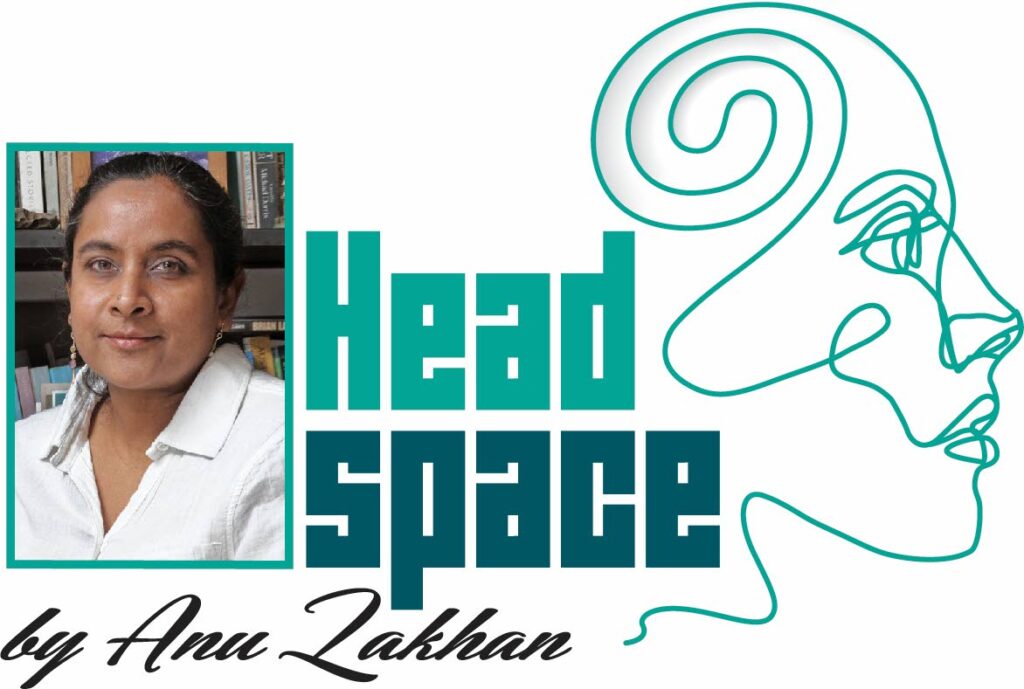The precious: on collecting, not hoarding

“Let me help you with that,” said so many well-meaning people over the years. Thud. “What you have in there, rocks?” And so I’m forced to confess, “Yes. Yes, it’s mostly rocks. Also some T-shirts. And chocolate.”
I can’t say there are no words to describe my love of rocks, but it would take more than one column, more than one newspaper, to do it justice. My love of rocks is on display all around me. I’m way past the point of pretending they are paperweights.
Recently, a friend who likes to sweep in on a cloud of good news, announced to the cats and I that I was a maximalist. “Anu,” she said, “You’re a maximalist!” She said it like she was the angel Gabriel giving young Mary the particularly shocking piece of news he had to relate.
Me? No. Hard no. I don’t have whatever interesting muchness a maximalist has. I don’t decorate, that’s for sure. I don’t layer and create effect and, and, and. But. Looking around.
Minimalism seemed like such a noble aspiration. Clean, ascetic rooms. White walls. Just space. Uncluttered the way I wanted my mind to be. Clear, spare, the way I wanted my writing to be. Didn’t quite work out.
For this mind – my mind – to produce a grocery list, let alone anything with connecting words, I need…things. Things that tell me stories about myself. Things that remind me of people. Things that remind me of things, times and places I forgot.
I want to say I like precious things. And I guess I do. But now we must think of what is precious. I’ve gone on and on about rocks. Not crystals or gems or jewellery. Just rocks. Well: rock, stone, sand, pebbles et al. Once, as a birthday present, a geologist friend gave me a bag of rocks and the promise of lessons on how to classify them. Because I am not a nerd.
The rocks are but one matter. I have bottles of sand from places I’ve never been. Leaves, seeds, dried flowers. And the shells. Shells on trays, in jars with labels, outside sunning themselves. Shells that were gifts. Shells from special days. Shells because I could not breathe for their beauty
And they are as precious to me as old football T-shirts and my can-no-longer-be-used Oddfellows Local tape. I have a whole box labeled “Clothes of nostalgia.” They are half my size and threadbare and they’ll be cremated with me.
There is some form of control, some method to mayhem of my covetous behaviour when nature throws me a petrified leaf. Jars and dishes, mainly. I can’t have these gorgeous, beloved things all higgledy-piggledy. And if I had it in mind to higgle or piggle, think for a moment what a glaring of cats (yes, I did in fact just learn that’s the correct word) and a single UN-peace-keeping dog would make of that.
Hoarding is a real and very serious problem. The International OCD Foundation separates collecting, clutter, hoarding disorder and squalor. They glean their definitions from the Diagnostic and Statistical Manual (5th edition) and they don’t waffle.
I’m paraphrasing here, but clutter sounds untidy or messy. But it’s a contained messy. A desk, that special kitchen drawer. It can even be an area: that room that gets filled with old things you say you’re going to fix and things you don’t know what to do with. The main thing is, clutter does not affect how the rest of the house functions.
Collecting is a very different animal. This has been a little bit a column about collecting, but for the fact that I’m not very organised. Collectors love what they have. They sort of curate their collections, care for them and often look forward to showing them to those who might share their interests.
Hoarding disorder is not either of these. The hoarder just keeps gathering and gathering. The things (or animals – there is such a thing as animal hoarding) are everywhere. They block entrances and stairs. The house is out of control. And if you try to change anything, the hoarder will be distressed.
These are not stages or phases, but very different ways of being. Hoarding disorder affects men and women equally. It seems to afflict all ethnicities, races, cultures similarly. Older people are more likely to develop it. I scooped up these facts because they were the questions I most wanted answered. I left out squalor, I know. I want to come back to that. It’s drastic.
For now I’ll hope to keep the rocks and shells in order and keep remembering all the reasons I love them.
Headspace may not always focus on a disorder or condition, but your mental health is always on our minds. In this short Carnival season, if you’re feeling alienated from your peers or environment, if you’re feeling out of your element, please ask for help.


Comments
"The precious: on collecting, not hoarding"